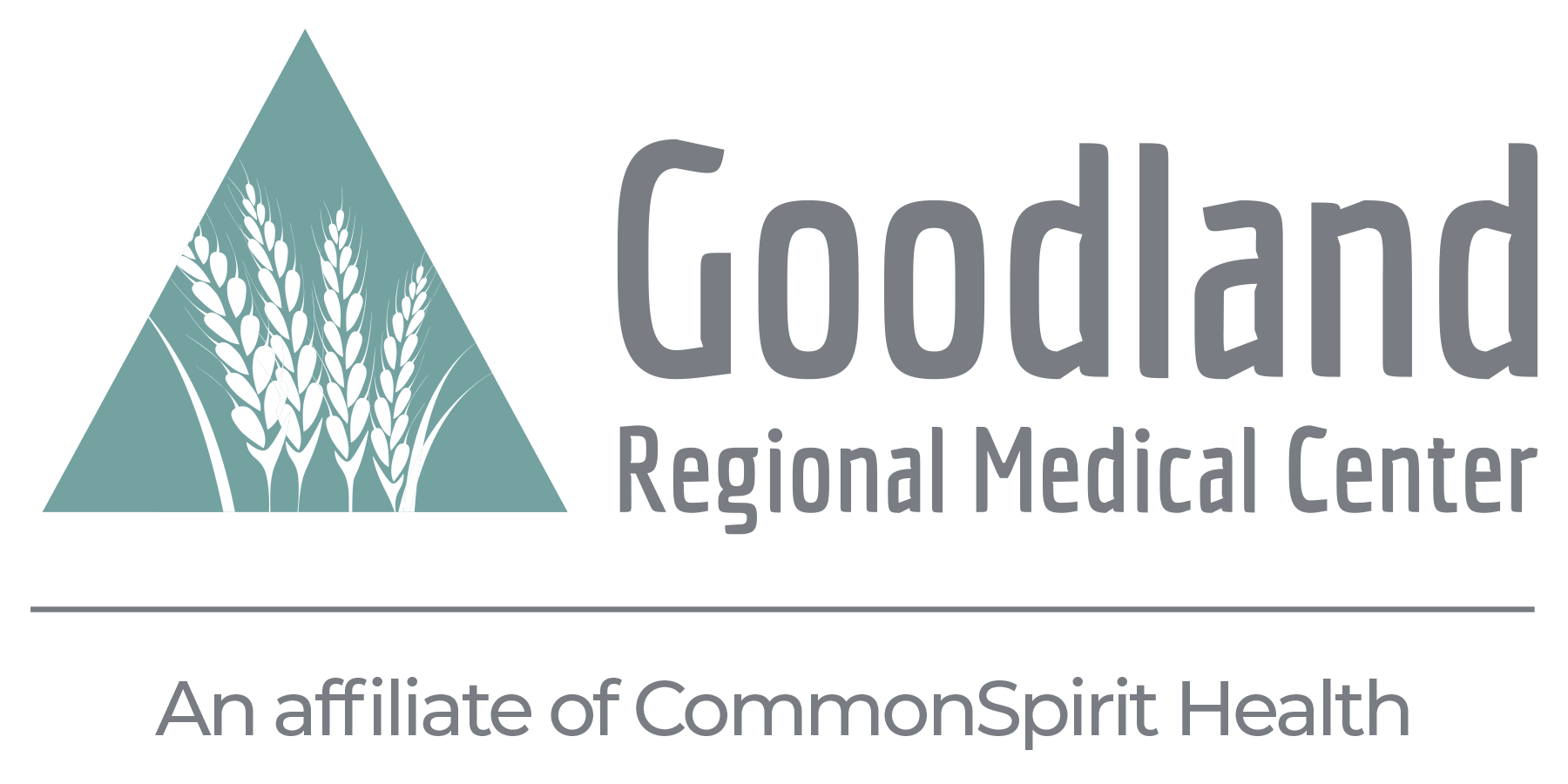
Behavioral Health
Counseling Services
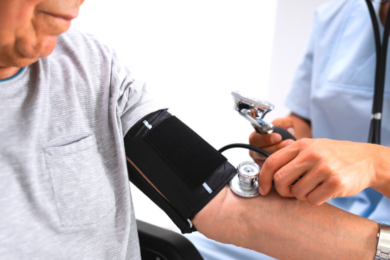
Cardiopulmonary Services
Cardiopulmonary Services
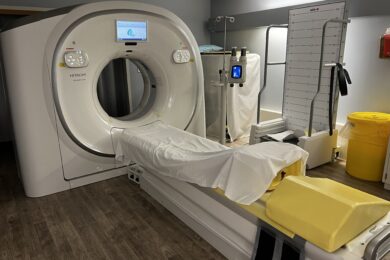
Diagnostic Imaging
Radiology

Dietary Services
Dietary Services & Meals on Wheels
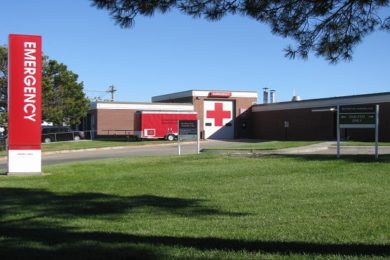
Emergency Room Services
ER Services

Goodland Family Health Center
Family Medicine

Inpatient / Hospital Care
Acute Care
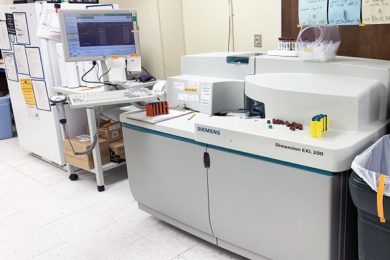
Laboratory
Lab
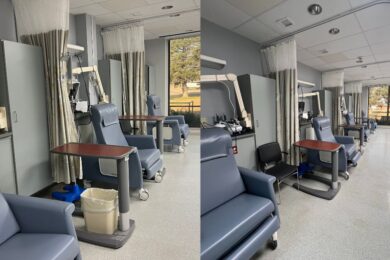
Outpatient Infusion Services
Oncology & Infusions

Outreach Rural Health Clinic
Outreach Rural Health Clinic
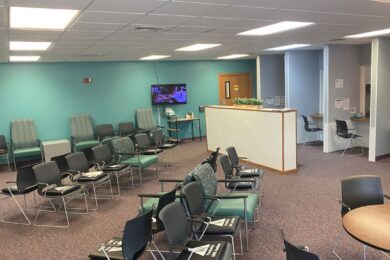
Outreach Specialty Clinic
Outreach Specialty Clinic

Pharmacy
Inpatient Only

Podiatry
Podiatry
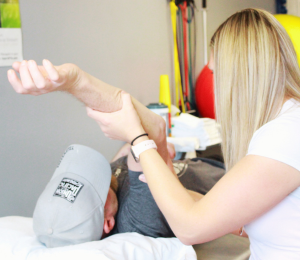
Rehabilitative Services / Occupational, Physical & Speech
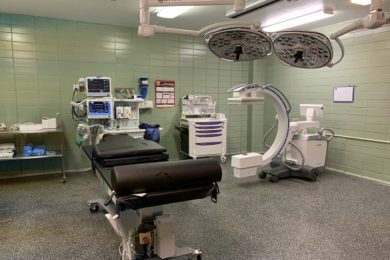
Surgical Services
Surgical Services

Swing Bed
Swing Bed Information
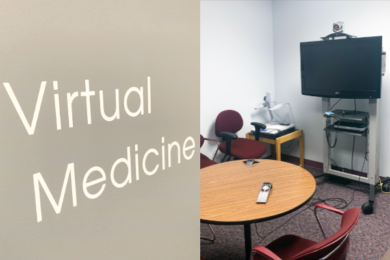
Telemedicine Services
Telemedicine Services
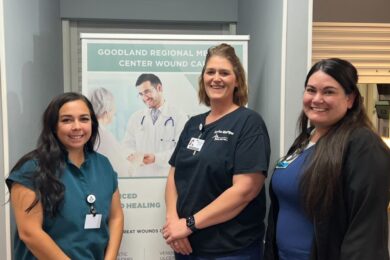
Wound Care Center
Wound Care Services
-
Get Directions
-
Questions? Need An Appointment?
-
Feel Free To Message Us!
Goodland Regional Medical Center
GRMC is a county-owned critical access hospital. GRMC provides general medical and surgical care for inpatient, outpatient, and emergency room patients.
- 220 W 2nd Street
Goodland, KS 67735
Quick Links
- Patient Portal
- Careers
- What’s New
- Outreach Clinics Calendar
- No Suprise Act Information
- PFAC Application
- Price Transparency
- Medical Records Requests
An affiliate of CommonSpirit Health.
- Understand your risks for Macular Degeneration March 15, 2023
- Are you getting enough sleep? February 1, 2023
- Physical Therapy for Dizziness? January 4, 2023
- Goodland Regional Medical Center Emergency Room Relocation Update January 19, 2021
- CEO Announces Leave of Absence May 16, 2024
- Original Medicare vs. Medicare Advantage September 27, 2023
- GRMC Board Meeting- May 24, 2023 May 22, 2023
- GRMC Board Meeting- April 26, 2023 April 24, 2023
© Goodland Regional Medical Center | All Rights Reserved.
Powered by Jet Marketing.
